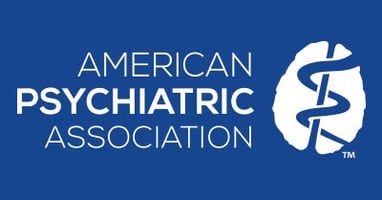States that opt to expand their Medicaid coverage under the new health care reform law—the...
Proposed Medicaid Cuts Would Create Barriers to Care for Millions and Cost Lives
Provisions in H.R. 1 (also known as the One Big Beautiful Bill Act) that aim to cut Medicaid spending threaten several aspects of health—including mental health, according to an analysis in the Annals of Internal Medicine.
Adam Gaffney, M.D., M.P.H., of Cambridge Health Alliance and Harvard Medical School, and colleagues analyzed key provisions of the bill, including:
- Medicaid work requirements mandating that states impose work requirements on nondisabled adults, with specific exemptions
- Reduction of Medicaid provider taxes, which help fund Medicaid by increasing federal assistance via the Federal Medical Assistance Percentage mechanism
- Repeal of a Biden administration rule for Medicaid eligibility determination that simplified enrollment and improved state processes for eligibility determinations (e.g., requiring that states make more efforts to contact beneficiaries before disenrolling them)
Gaffney and colleagues projected the likely effects of these provisions using the House of Representatives Budget Committee’s estimates of savings, analyses by the Congressional Budget Office (CBO), and peer-reviewed studies of the impact of past Medicaid expansions and contractions. After accounting for interactions between provisions, they found that H.R. 1 would:
- Decrease the number of insured adults by 6.8 million
- Decrease the number of adults who self-report good health by 909,720
- Decrease the number of adults who got all needed medical care in the past six months by 1.6 million
- Decrease the number of adults who got all needed medications in the past six months by 1.3 million
- Decrease the number of adults who did not screen positive for depression in the past two weeks by 533,520
Using five different quasi-experimental models, Gaffney and colleagues projected that the bill’s combined Medicaid spending reductions would lead to between 8,241 and 24,604 medically preventable deaths each year.
They added that these estimates may be conservative because they rely on CBO’s assumption that states would replace half of the federal funding shortfall, which would necessitate politically difficult tax increases or cuts to other programs.
“Today, despite its many shortcomings, Medicaid enjoys wide support from the electorate and serves as the foundation of the nation’s health care safety net,” Gaffney and colleagues wrote. “The cuts under consideration, intended to offset the cost of tax cuts that would predominantly benefit wealthier Americans, would strip care from millions and likely lead to thousands of medically preventable deaths.”
For related information, see the Psychiatric News article “Lawmakers Consider Massive Medicaid Cuts.”
(Image: Getty Images/iStock/kasto80)
Don't miss out! To learn about newly posted articles in Psychiatric News, please sign up here.





